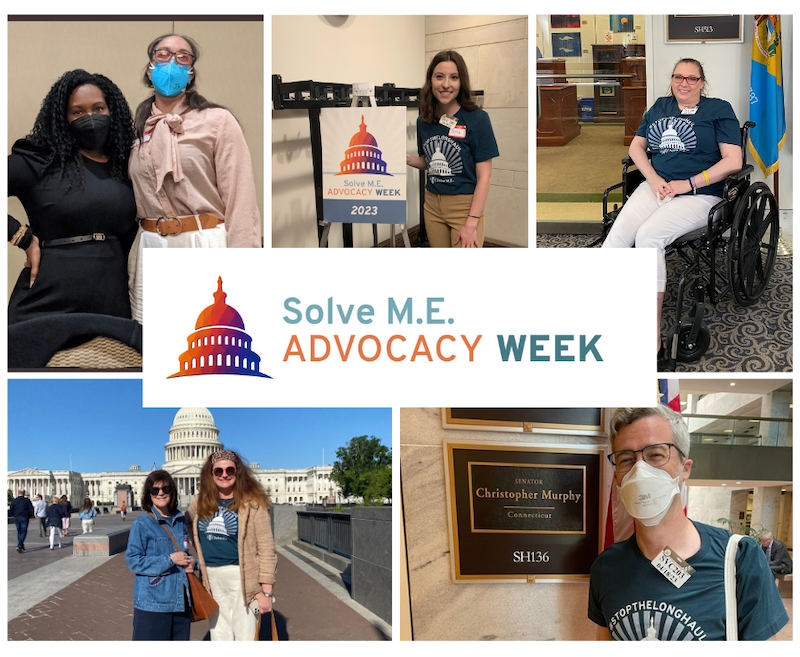ahimsa
Senior Member (Voting Rights)
Solve ME sent out email reminder for their next webinar:
Full details and registration link here:
https://solvecfs.org/event/cdc-update-recent-strides-in-long-covid/
Find the time in your time zone here:
https://www.timeanddate.com/worldcl...binar:+CDC+Update&iso=20230329T10&p1=137&ah=1
CDC Update: Recent Strides in Long Covid
In this webinar on Wednesday, March 29 at 10 AM PT, Solve M.E. President Oved Amitay welcomes Dr. Elizabeth Unger, chief of Chronic Viral Diseases Branch at Centers for Disease Control and Prevention, and her CDC colleagues to share updates and progress on The School-Based Active Surveillance Project (presented by Anindita Nanda Issa, MD), the Long Covid Fatiguing Illness Recovery Program (ECHO) (presented by Jennifer Cope, MD, MPH), and initial findings from the Multi-site Study of Post-COVID conditions (Medical chart abstraction project) (presented by Miriam Nji, MD, MPH).
Full details and registration link here:
https://solvecfs.org/event/cdc-update-recent-strides-in-long-covid/
Find the time in your time zone here:
https://www.timeanddate.com/worldcl...binar:+CDC+Update&iso=20230329T10&p1=137&ah=1

